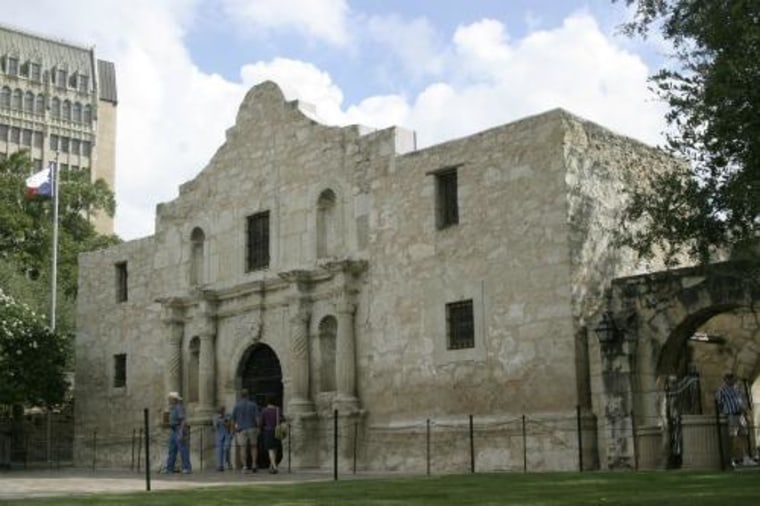If you find yourself online in San Antonio, Tampa, Fla., Atlanta, Dallas or Oklahoma City, keep your wits about you, because there's a good chance Internet scammers have you and your neighbors in their sights.
These cities, along with Charlotte, N.C., Detroit, Denver, Washington, D.C., and Sacramento, Calif., share the dishonorable title of being the top 10 U.S. cities whose Web-surfing residents are the most vulnerable to online threats.
Conducted by the security firm AVG between Aug. 5 and Aug. 22, the survey polled 8,000 consumers in 35 U.S. cities who own an Internet-connected device and have Internet access at home.
Owing to their poor security practices, such as sharing passwords and failing to back up their PCs, Internet users in the top 10 cities run the highest risk of falling victim to identity theft, fraudulent credit card charges, email breaches and lost or stolen personal data.
Out of the 8,000 people surveyed, 23 percent of people admitted to not backing up the data on their PCs; 38 percent share online passwords; 41 percent never run an anti-virus scan on their computer, and 67 percent don't use an identity-monitoring service.
"Recent news demonstrates that consumers need to be more vigilant than ever about safeguarding the personal information sitting on their PCs and mobile devices," J.R. Smith, chief executive officer of AVG Technologies, wrote. "Consumers are getting smarter about online threats but still fail to connect the dots when it comes to understanding that today's climate requires users protect any device that is Internet enabled."
Also included near the top of the list were Salt Lake City, Portland, Ore., Philadelphia, St. Louis and Baltimore.
AVG did find a few signs of good security practices: 72 percent of those polled monitor their online bank accounts once a week for errors, and the same percentage of people claim to not have been fooled by an email phishing scam in the past year.
To keep yourself and your city off this list, AVG recommends using "one credit card with a low spending limit for all online purchases," and reporting any inappropriate activity on the card to your bank immediately.
It's also in your best interest, AVG said, to regularly change your passwords, and "never, ever share them with others."
